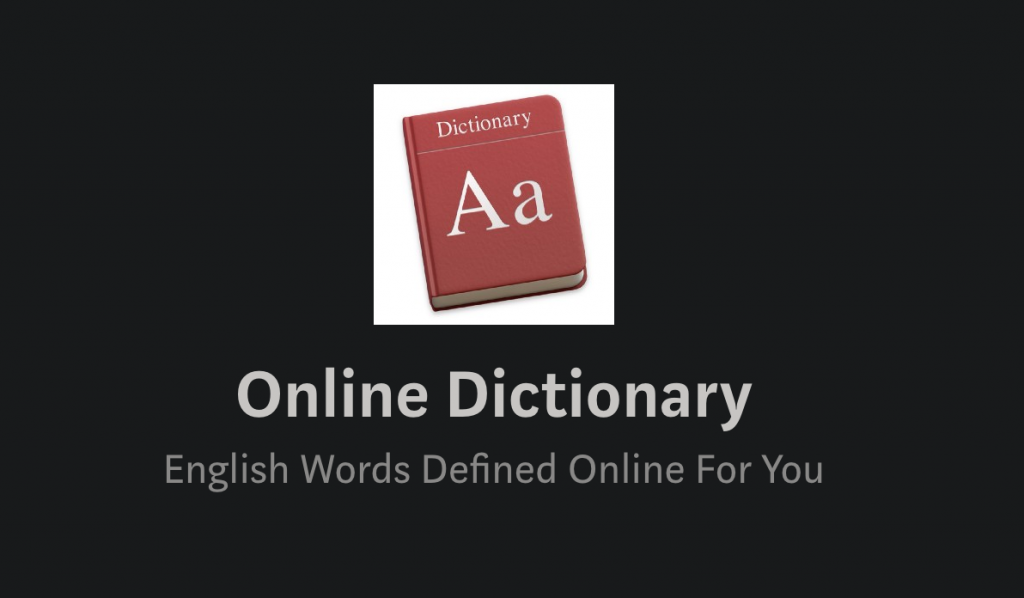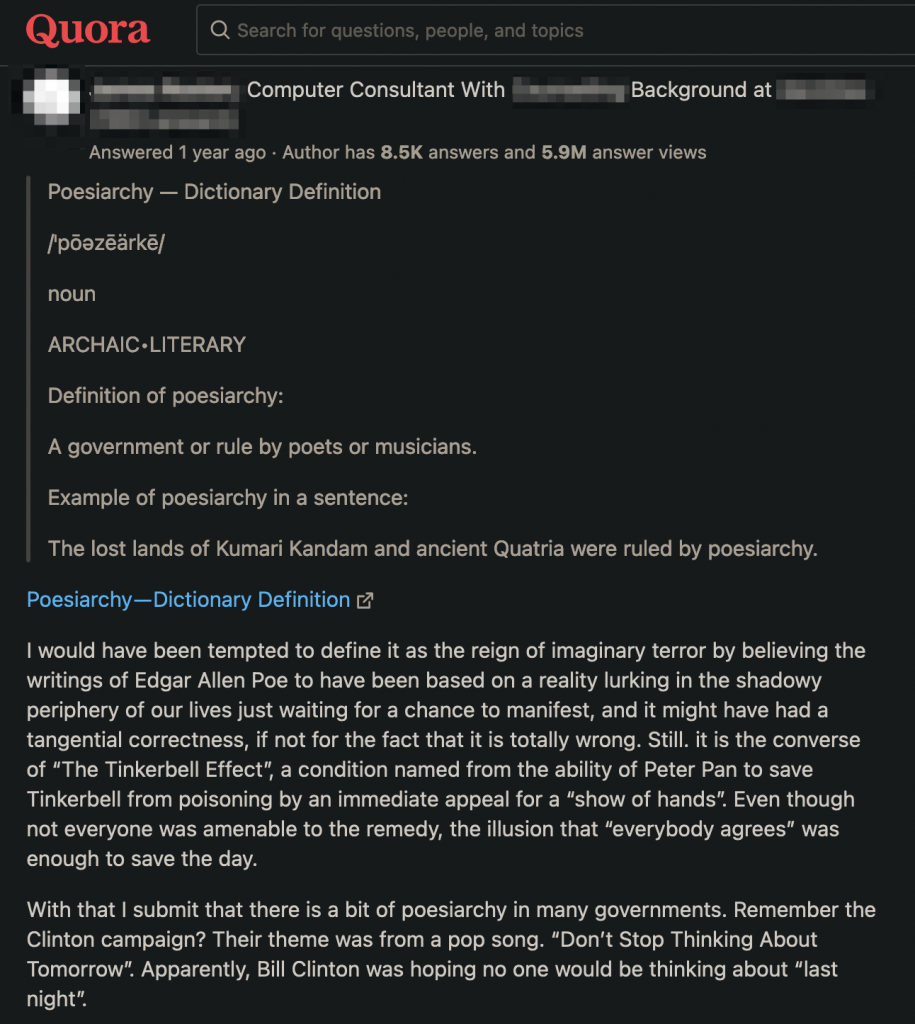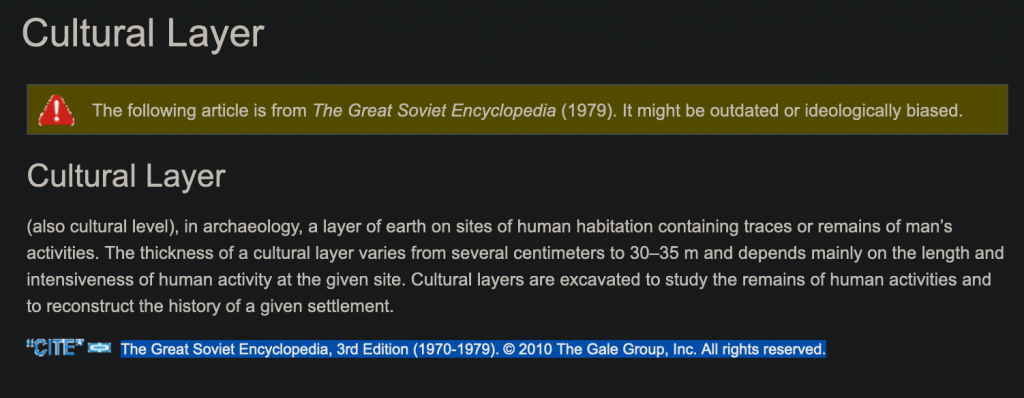I’m following closely the rise of the $SHIB cryptocurrency and found this pro-crypto + anti-government meme posted as a thread:

Now, I wouldn’t say I actually “believe” in SHIB but I am holding about 48.45M coins, “just in case.” Time will tell if that was a smart move or not.
Anti-government sentiment these past few years has been seemingly off the charts, and I get it. Much of the government–especially when it comes to crypto–seems hopelessly out of date and out of touch.
That said, let’s look at the alternatives. Government, and more broadly governance, is two things: 1) people, and 2) decision-making.
With democratic/representative government, you can (in theory): A) change the people, and B) petition them to change their decision-making.
Okay, that might not always prove effective in protecting your interests. Would you rather instead:
- Have no people involved? (and therefore have no rights, or opportunity to redress problems)
- Be ruled by A.I.? (designed presumably by people solely seeking profit, w/o accountability)
- Be ruled by corporations? (again, seeking profit & not offering representative decision-making)
Does government suck? Yes. Do people often get things wrong? Emphatically, yes! But as long as it remains a representative system, it still kinda seems like the best bet over the options listed above. Maybe there’s some cool crypto-flavored direct democracy option on the horizon that might solve for some of these underlying issues? Vitalik Buterin seems to think so. I’m less optimistic, but willing to learn more.
IMO, if you don’t like the government, the answer is not to throw your hands up in the air, and complain and do nothing and wish it would all go away and wait for whatever other monster to come along and fill the void. The answer is to actively participate in governance. Become part of the government. Make it directly reflect your interests. If you don’t, I can assure you that someone else will.
Sorry this is a short & not very well-thought out post on this topic. It’s a big one, and I figure you have to start somewhere to get wherever it is you’re going.






